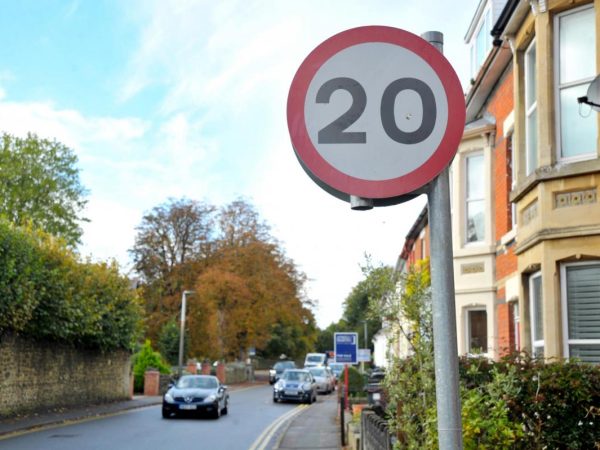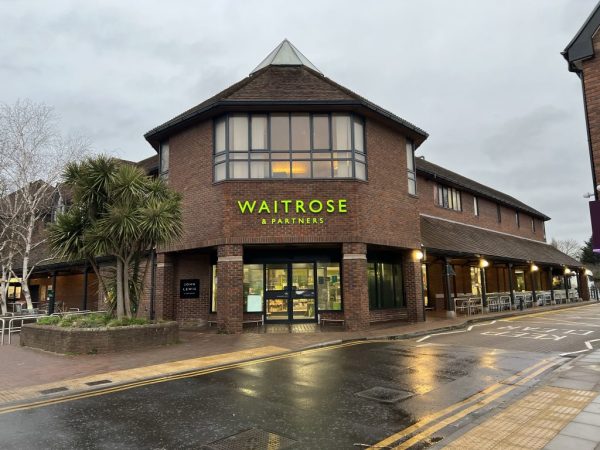Planning applications are a crucial step in the development process, determining whether a proposed project can proceed. Cheshire West, with its unique regulations and local considerations, requires a strategic approach to ensure that applications are not only submitted correctly but also stand a good chance of approval. This article delves into the essential tips and strategies that can help you navigate the Cheshire West planning application process effectively.
Understand the Local Plan and Policies for Cheshire West Planning Applications
The first step in mastering the Cheshire West planning applications is to thoroughly understand the local plan and policies. The Cheshire West and Chester Council have specific guidelines that outline the types of developments allowed in different areas. Familiarise yourself with these documents to ensure your proposal aligns with local priorities and regulations. This includes understanding land use designations, conservation areas, and any site-specific policies that may affect your application.
Conduct Pre-Application Consultations for Cheshire West Planning Applications
Engaging in pre-application consultations with the planning authority can provide valuable insights and feedback on your proposal. These consultations allow you to discuss your plans with planning officers, who can offer guidance on potential issues and suggest modifications to enhance your application’s chances of success. This proactive approach can save time and resources by addressing concerns early in the process.
Prepare Comprehensive Documentation for Cheshire West Planning Applications
A successful planning application requires detailed and accurate documentation. Ensure that your application includes all necessary plans, drawings, and reports, such as site plans, floor plans, elevations, and design and access statements. Additionally, depending on the nature of your project, you may need to provide environmental impact assessments, transport assessments, and other specialist reports. Comprehensive documentation demonstrates your commitment to the project and helps planners evaluate your proposal thoroughly.
Engage with Stakeholders for Cheshire West Planning Applications
Effective stakeholder engagement is essential for gaining support for your planning application. Identify and engage with key stakeholders, including local residents, community groups, and relevant organisations. Conduct public consultations, attend community meetings, and address any concerns or objections raised by stakeholders. Building positive relationships and demonstrating that you have considered local interests can significantly strengthen your application.
Ensure Compliance with Environmental Regulations
Environmental considerations play a critical role in the planning application process. Ensure that your proposal complies with all relevant environmental regulations and policies. This includes assessing the impact of your development on biodiversity, air quality, noise levels, and water management. Incorporate sustainable design practices and mitigation measures to minimise any adverse environmental effects. Demonstrating a commitment to environmental sustainability can enhance the appeal of your application.
Address Heritage and Conservation Concerns
Cheshire West is home to numerous heritage sites and conservation areas. If your proposed development is located in or near such areas, it is essential to address heritage and conservation concerns. Conduct thorough research to understand the historical significance of the site and its surroundings. Prepare heritage impact assessments and propose measures to preserve or enhance the historical and architectural value of the area. Working collaboratively with heritage officers can help ensure your application respects and contributes to the preservation of local heritage.
Provide Robust Justifications
Planners need to be convinced that your proposal is in the best interest of the community and aligns with planning policies. Provide robust justifications for your development, highlighting its benefits and addressing any potential concerns. This may include demonstrating how your project contributes to economic growth, provides needed housing, improves infrastructure, or enhances community amenities. Clearly articulate the positive impacts of your development to strengthen your case.
Anticipate and Address Potential Objections
Objections from local residents or interest groups can pose significant challenges to planning applications. Anticipate potential objections by thoroughly assessing the impact of your development on the local area. Common concerns may include increased traffic, loss of green space, or changes to the character of the neighbourhood. Proactively address these concerns in your application by proposing mitigation measures, such as traffic management plans, landscaping enhancements, or design modifications. Demonstrating a willingness to address and mitigate negative impacts can help alleviate opposition.
Stay Informed About Planning Committee Procedures
Understanding the procedures and timelines of the planning committee can help you navigate the decision-making process more effectively. Familiarise yourself with the committee’s meeting schedules, submission deadlines, and public speaking opportunities. Attend planning committee meetings to gain insights into the decision-making process and the types of issues that commonly arise. Being well-prepared and informed about the committee’s expectations can enhance your ability to present your case persuasively.
Seek Professional Expertise
Navigating the planning application process can be complex and time-consuming. Seeking professional expertise can significantly improve your chances of success. Consider engaging planning consultants, architects, and legal advisors with experience in Cheshire West planning applications. These professionals can provide valuable guidance, prepare high-quality documentation, and represent your interests throughout the process. Their expertise can help you navigate potential pitfalls and maximise the likelihood of obtaining planning approval.
Conclusion
Mastering the Cheshire West planning applications process requires a strategic and informed approach. By understanding local policies, engaging with stakeholders, preparing comprehensive documentation, and seeking professional expertise, you can enhance your chances of success. Anticipating potential challenges, addressing concerns proactively, and demonstrating the benefits of your proposal are crucial steps in securing planning approval. With these top 10 secrets, you are well-equipped to navigate the complexities of Cheshire West planning applications and achieve your development goals.
FAQs
1. What is the importance of pre-application consultations for Cheshire West planning applications?
Pre-application consultations provide an opportunity to discuss your proposal with planning officers and receive feedback. This can help identify potential issues early, allowing you to make necessary adjustments and improve your chances of approval.
2. How can I address objections from local residents regarding Cheshire West planning applications?
To address objections, thoroughly assess the impact of your development and propose mitigation measures. Engage with residents to understand their concerns and demonstrate how your proposal addresses them. This can help build support and reduce opposition.
3. What types of documentation are typically required for Cheshire West planning applications?
Planning applications usually require site plans, floor plans, elevations, design and access statements, and various specialist reports, such as environmental impact assessments and transport assessments. Comprehensive and accurate documentation is essential for a successful application.
4. How can professional expertise benefit my Cheshire West planning applications?
Professional experts, such as planning consultants and architects, bring specialised knowledge and experience to the application process. They can provide valuable guidance, prepare high-quality documentation, and represent your interests, increasing your chances of obtaining planning approval.
5. What should I do if my Cheshire West planning application is refused?
If your planning application is refused, review the reasons for refusal carefully. You can either revise your proposal to address the concerns and resubmit it or appeal the decision. Seeking advice from planning consultants or legal advisors can help you determine the best course of action.
Also read: Prestige Polygon: 10 Smart Living Solutions to Enhance Your Lifestyle














